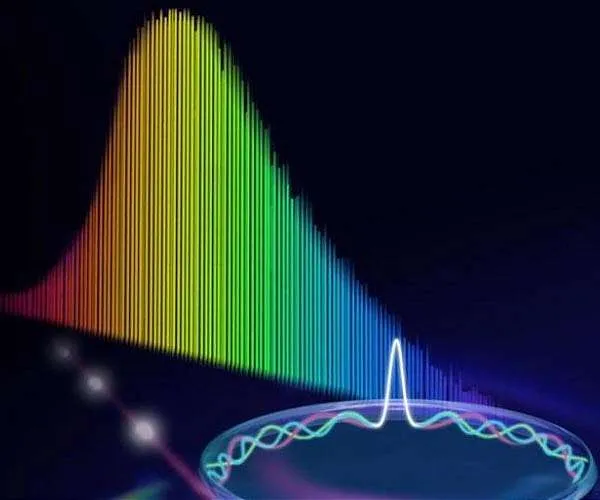Newly discovered molecules capture the whole light spectrum
- American researchers have found new molecules able to make use of the whole visible light range. Rhodium is effective at both absorbing the light and catalyzing the process of converting sunlight into hydrogen. The latter is suitable for usage as climate-safe fuel.

The researchers claim the newly found molecules can be utilized for creating solar panels with higher efficiency and faster shifting to such clean fuels as hydrogen.
The idea is transforming light particles into hydrogen, which means storage of solar energy in the chemical bonds for further usage.
The scientists have managed to discover a molecule able to absorb infrared wavelengths from the light spectrum.
The system excites the molecule for absorbing photons and storing 2 electrons to produce hydrogen. The storage of 2 electrons in one molecule obtained from 2 photons and their usage for hydrogen making has never been done before.
The majority of earlier experiments was devoted to UV light and based on catalysts consisting of a few molecules. The tries to utilize a one-molecule catalyst did not succeed.
The American research team has discovered that one molecule of rhodium absorbs the whole spectrum of light ranging from IR to UV. Besides, it catalyzes the process of converting infrared light into hydrogen with no energy waste.
For excitement of Rh, the researchers have applied a light-emitting diode to the molecule suspended in acidic solutions.
Currently, the research is being conducted in search of alternative molecules with similar behavior, since rhodium is rarity in the nature and processing of the metal is very costly.
Also read

